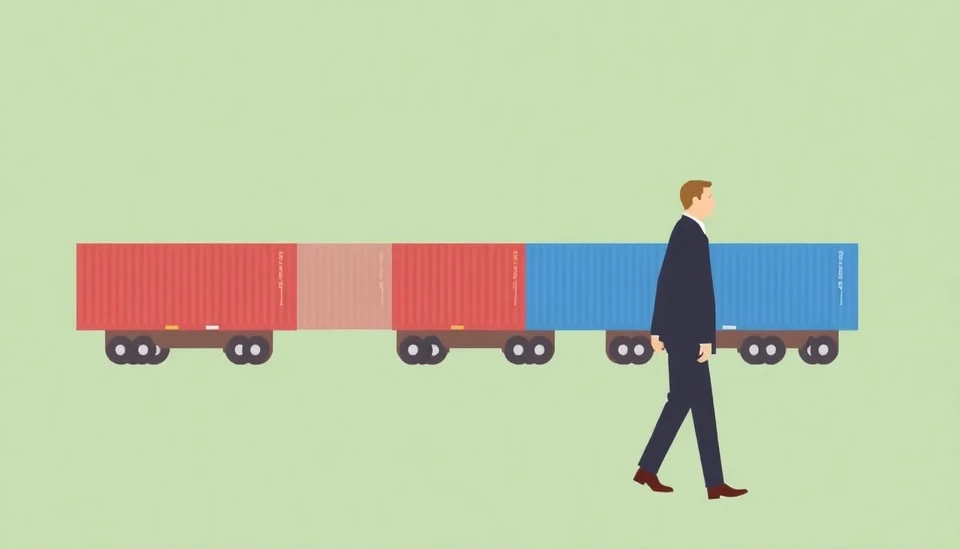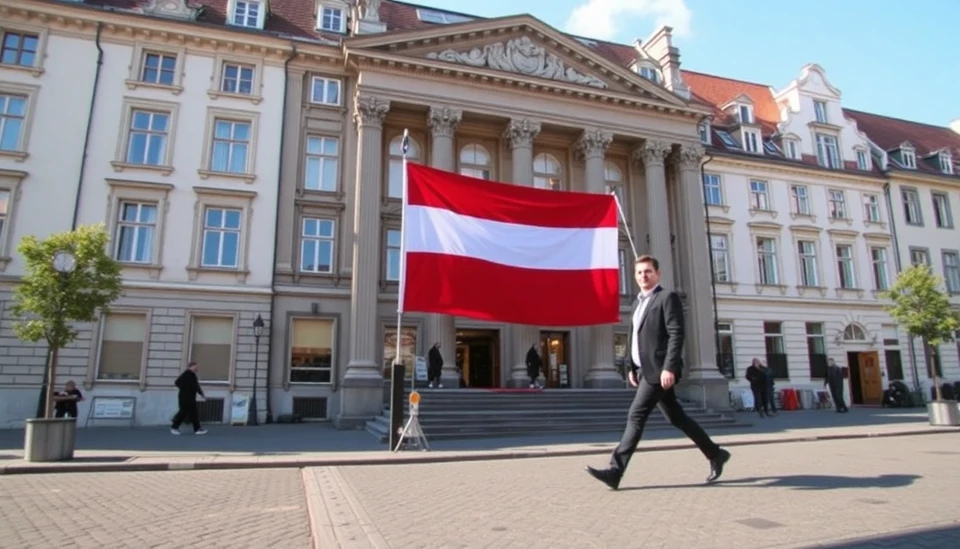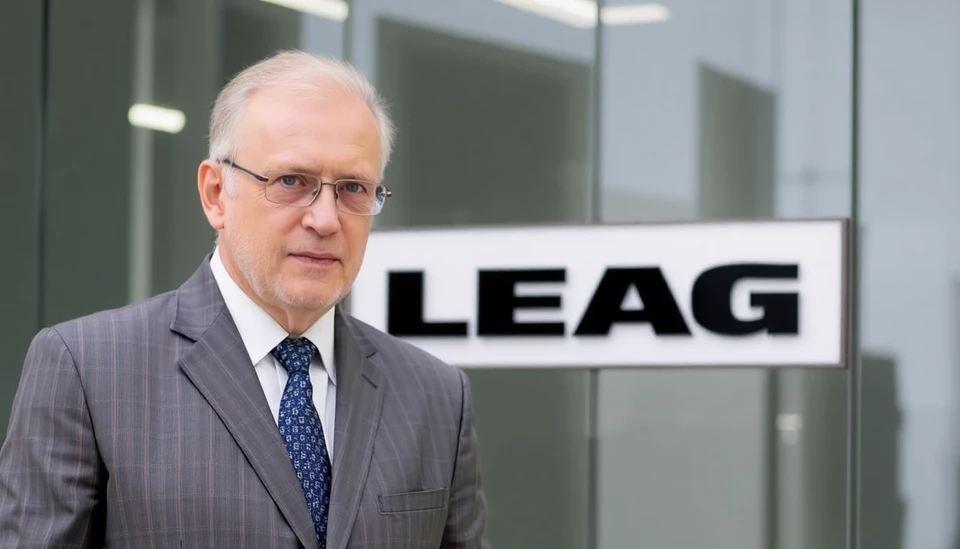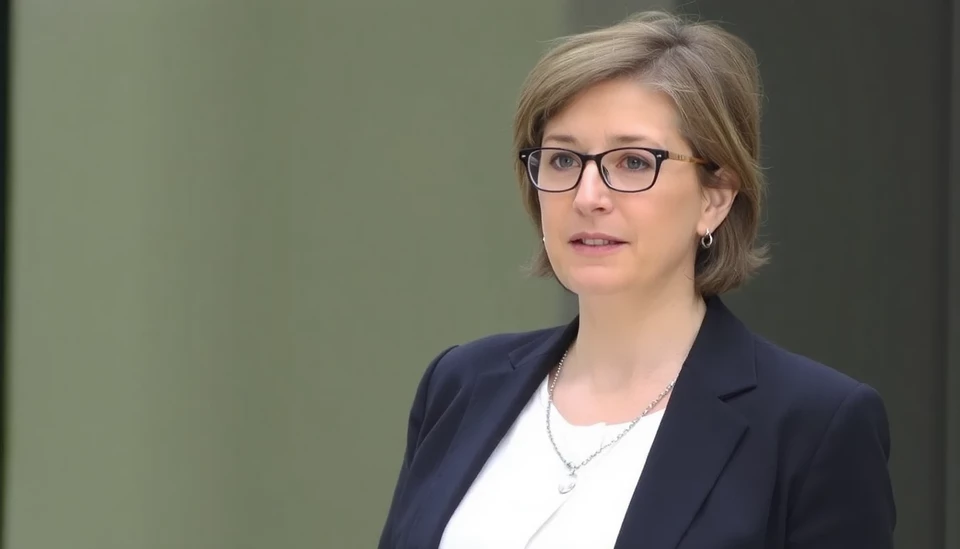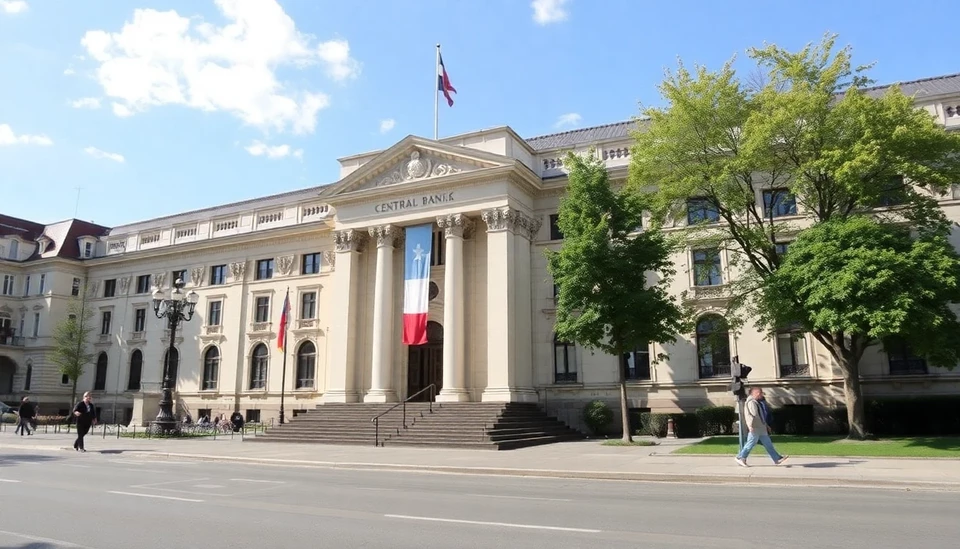
The Czech Republic’s economy is facing significant challenges as the government reduces its growth outlook for 2025. This adjustment comes as a direct response to escalating tariff risks stemming from the United States, which are anticipated to negatively impact foreign investments and trade dynamics.
In its latest report, the Czech Finance Ministry has slashed its 2025 growth forecast to a mere 1.5%, down from an earlier projection of 2.6%. This revision reflects mounting fears that potential tariffs imposed by the US could deter investments and slow down the already fragile recovery of the global economy.
These changes in growth estimates highlight a broader trend of uncertainty engulfing European economies, largely due to shifting trade policies and geopolitical tensions. Experts suggest that the anticipated tariffs could lead to a significant decline in both domestic and foreign investment, which is vital for sustaining economic momentum. The increased costs associated with tariffs could serve as a deterrent for companies planning to conduct business in the Czech Republic, thereby stalling progress in various sectors.
Analysts note that the Czech economy, heavily reliant on exports and manufacturing, is particularly vulnerable to changes in international trade policies. The auto industry, a cornerstone of the Czech economy, may feel an immediate pinch due to its integration with global supply chains that could be disrupted by tariffs. Furthermore, the knock-on effects of reduced investment are likely to ripple through various other sectors reliant on manufacturing and services, potentially leading to job losses and a decrease in consumer spending.
In light of these developments, the Czech government is urged to consider alternative strategies to bolster its economy and mitigate the impact of external pressures. This may include enhancing domestic investment initiatives, focusing on innovation, and diversifying trade partnerships to lessen reliance on any single market. The government is also exploring ways to foster resilience against external shocks, including strengthening local industries and supporting small and medium enterprises which are crucial for economic stability.
The uncertainty injected by US tariff policy serves as a stark reminder of the interconnectedness of global economies. As various nations assess their own economic strategies in response to such developments, the need for a collaborative international approach to trade is underscored.
As the Czech Republic navigates this tumultuous economic landscape, stakeholders will be closely monitoring how government actions and global market developments evolve in the coming months. The ability of the Czech economy to adapt to these challenges will undoubtedly play a pivotal role in shaping its future growth trajectory.
For now, all eyes will remain fixed on the economic indicators and trade discussions that could either alleviate or exacerbate the stress on this Central European nation.
#CzechRepublic #EconomicGrowth #USTariffs #TradePolicy #ForeignInvestment #GlobalEconomy #AutoIndustry #EconomicForecast
Author: Daniel Foster
